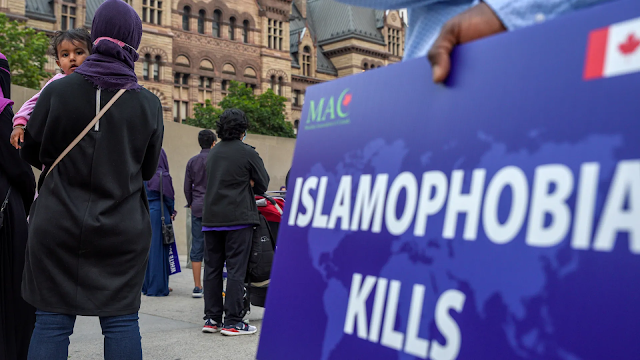Understanding Islamophobia: Origins, Impacts, and Ways Forward
Islamophobia, a term that has gained considerable traction in recent years, describes the irrational fear, hatred, or prejudice against Islam and its adherents. This form of discrimination not only affects individual Muslims but also casts a long shadow on societal harmony and global politics. Here, we delve into the origins, manifestations, and consequences of Islamophobia, as well as explore strategies for countering it in our communities and institutions.
Origins and Historical Context
The term "Islamophobia" entered common parlance in the late 20th century, but the phenomenon itself has deeper historical roots. Early interactions between Islamic civilizations and non-Islamic communities were sometimes marked by conflict and misunderstanding, contributing to stereotypical representations of Muslims in literature, media, and public discourse. However, modern Islamophobia has been fueled significantly by geopolitical events such as the Iranian Revolution, the 9/11 attacks in the United States, and other extremist actions wrongly attributed to the entire Muslim population.
Manifestations of Islamophobia
Islamophobia manifests in various ways—from individual acts of discrimination and bigotry to institutional policies that unfairly target Muslims. On a personal level, it can range from verbal abuse and social exclusion to physical attacks. Institutionally, it has led to the implementation of policies like travel bans targeting predominantly Muslim countries, increased surveillance of Muslim communities, and the broader securitization of Islam in the public consciousness.
The media also plays a pivotal role in shaping perceptions about Islam and Muslims. Negative portrayals and sensationalism can reinforce stereotypes and propagate misconceptions. These representations often focus disproportionately on terrorism and violence, neglecting the vast majority of Muslims who live peaceful and productive lives.
Impacts of Islamophobia
The consequences of Islamophobia are profound and far-reaching. For many Muslims, it means living in a state of heightened scrutiny and suspicion. It impacts their opportunities for education, employment, and social integration. The psychological toll includes increased anxiety, fear, and a sense of alienation.
At a societal level, Islamophobia undermines the principles of multiculturalism and social cohesion. It creates divisions and fosters a climate of fear and mistrust among communities. Internationally, it can influence foreign policy decisions and impact international relations, often exacerbating global tensions.
Countering Islamophobia
Addressing Islamophobia requires a multifaceted approach:
Education: Enhancing public understanding of Islam and promoting intercultural dialogue are crucial. Educational initiatives should aim to demystify Islam, highlight its contributions to world civilization, and celebrate the diversity within Muslim communities.
Media Responsibility: Media outlets must strive for balanced reporting and be vigilant against perpetuating stereotypes. Encouraging media literacy can help the public critically evaluate information and differentiate between extremist views and the beliefs of the majority of Muslims.
Legal Frameworks: Strong legal protections against discrimination and hate crimes are essential. Governments should ensure that laws are in place to protect individuals from hate crimes and that these laws are rigorously enforced.
Community Engagement: Building bridges between Muslim and non-Muslim communities through interfaith dialogues, cultural exchanges, and community events can foster understanding and dismantle prejudices.
Leadership and Advocacy: Political and religious leaders have a vital role in shaping public attitudes. By condemning Islamophobia and promoting inclusivity, leaders can set a tone that encourages respect and equality.
Islamophobia is not only a problem for Muslims—it is a challenge to the very fabric of diverse, inclusive societies. By understanding its origins and manifestations, we can better combat its effects and work towards a world where no one is discriminated against on the basis of their faith. As global citizens, it is our collective responsibility to foster an environment of respect and understanding, paving the way for a more harmonious global community.












Comments
Post a Comment
Good days are on the way...